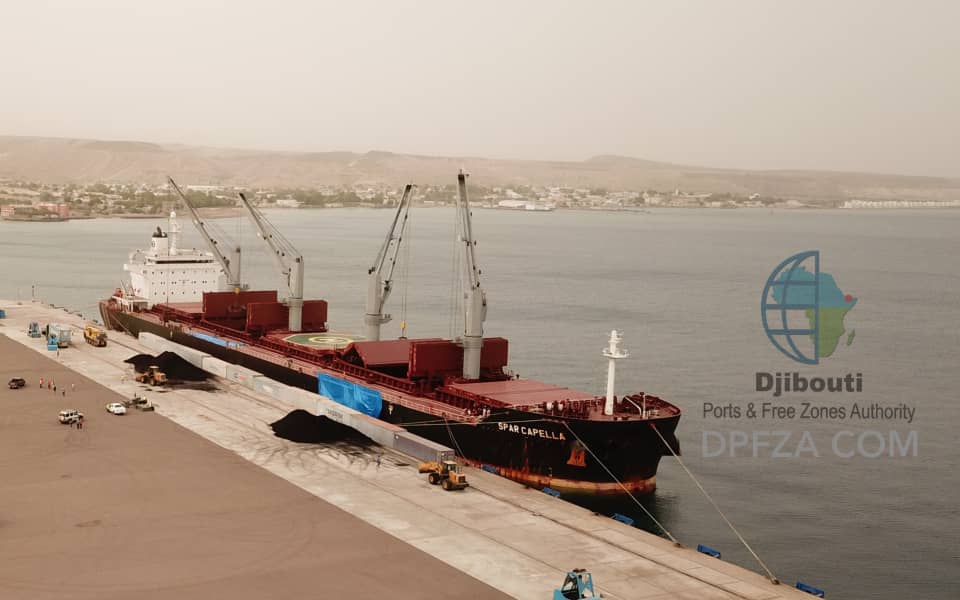Tadjourah Port enters Saudi management era
Djibouti grants a 30-year operating concession for Tadjourah Port to Saudi-owned RSGT, signalling renewed Gulf engagement and regional logistics diversification (BDI, DPW.L).

Djibouti’s government has awarded a 30-year operating concession for Tadjourah Port to Red Sea Gateway Terminal (RSGT), the Saudi-owned port operator that already manages Jeddah’s flagship container facility. The Djibouti Ports and Free Zones Authority (DPFZA) confirmed the deal, which forms part of a renewed push to diversify terminal management and attract long-term Gulf capital into logistics infrastructure.
Tadjourah, designed initially as an export hub for Ethiopian potash and regional bulk cargo, has struggled since its commissioning in 2017 due to under-utilisation and financing delays. RSGT’s entry is expected to inject new capital, modern equipment, and access to liner networks, positioning the port as a complementary outlet to Doraleh Container Terminal. Djibouti’s port throughput in 2024 was estimated near 12 m tonnes, and authorities aim to lift that figure by at least 25 % within five years once Tadjourah reaches full operational capacity.
The agreement underscores the kingdom’s strategy of expanding logistics influence along the Red Sea corridor. Saudi investors are simultaneously developing facilities in Port Sudan and the Suez-Aqaba zone. For Djibouti, the move fits its national logistics master plan, which targets higher cargo diversification beyond trans-shipment and military traffic. Officials expect roughly US$200 million in additional cumulative investment over the concession’s first decade, with part of the capital earmarked for hinterland road upgrades toward Ethiopia’s Afar region.
The concession’s terms include revenue-sharing benchmarks tied to cargo tonnage, similar to Djibouti’s Doraleh model. Although financial specifics remain undisclosed, sources within DPFZA suggested a base concession fee aligned with regional peers at roughly 8 % of gross receipts. Analysts note that RSGT’s operational efficiency ratio—already 15 % above the Red Sea average—could enhance Djibouti’s competitiveness against Port Sudan and Berbera.
In macro context, Djibouti’s GDP grew 5.1 % year-on-year in 2024, supported by construction and services linked to logistics. Inflation remained moderate at 2.7 %, while the Djibouti franc’s peg to the US dollar kept external balances stable. The project’s success could expand service exports by roughly 1 % of GDP annually and strengthen reserves coverage, which currently stands near 4.5 months of imports.
Global investors view the concession as part of a wider trend of Gulf-Horn integration. RSGT’s expansion coincides with high freight volatility and steady gains in benchmark container indices such as the Baltic Dry Index (BDI) and regional shipping proxies like DPW.L. Rising Red Sea security risks have lifted insurance premia by 5–10 %, but long-term operators like RSGT appear willing to absorb short-term uncertainty for strategic positioning.
Djibouti’s leadership has pledged transparency and regular performance reporting to reassure financiers after earlier disputes with foreign port operators. If effectively executed, the Tadjourah deal could restore confidence in Djibouti’s investment climate and anchor the country’s ambition to become the primary maritime gateway for Ethiopia’s expanding trade corridor by 2030.





